Mother’s Boy: A beautifully crafted novel of war, Cornwall, and the relationship between a mother and son
£8.10£9.50 (-15%)
‘Tender, evocative’ TLS
‘Richly engaging’ Spectator
A Radio 4 Serial Fiction Book of the Week
‘A characteristically tender novel about a young man growing up in the shadow of one war and the whispers of the next’ Observer
‘A wonderful novel about relationships, particularly between a mother and son. A compelling read, beautifully crafted and sensitively written’ Irish Examiner
_______
Laura, a laundress, meets her young husband when they are both placed in service in Teignmouth in 1914. They have a baby, Charles, but his father returns home from the trenches a damaged man, already ill with the tuberculosis that will soon leave Laura a widow.
As a new war looms, Charles signs up for the navy as a coder. His escape from the tight, gossipy confines of Launceston to a more colourful life in action sees him blossom, as he experiences the possibility of death, and the excitement – even terror – of a love that is as clandestine as his work.
_______
‘Stands with the best queer literary fiction of a historical bent, illuminated as it is by Gale’s devilish wit and talent for both social observation and intricacies of character’ Sydney Morning Herald
‘A wonderful novel – a touching, utterly convincing portrait of the nascent artist’ Mail on Sunday
‘A deeply moving novel. The portrait of a complex relationship that constricted as much as it sustained is brilliantly done’ The Tablet
Read more
Additional information
| Publisher | Tinder Press (2 Feb. 2023) |
|---|---|
| Language | English |
| Paperback | 416 pages |
| ISBN-10 | 1472257421 |
| ISBN-13 | 978-1472257420 |
| Dimensions | 12.8 x 2.59 x 19.61 cm |

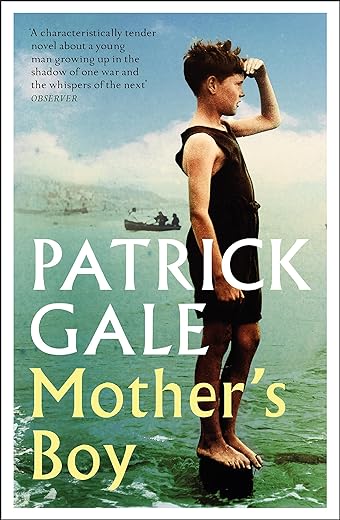

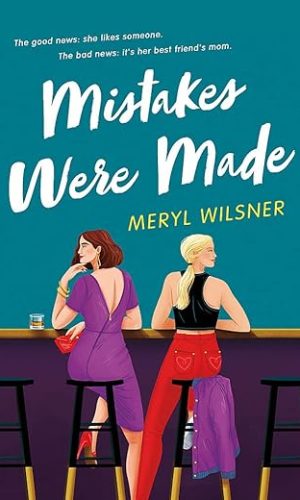
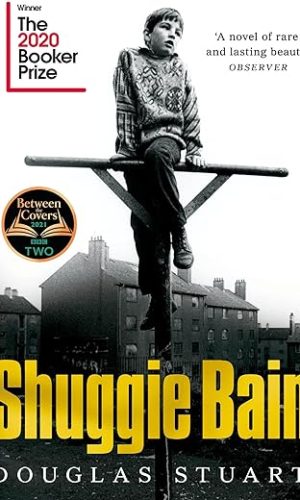

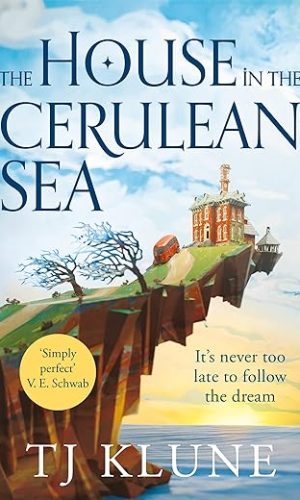
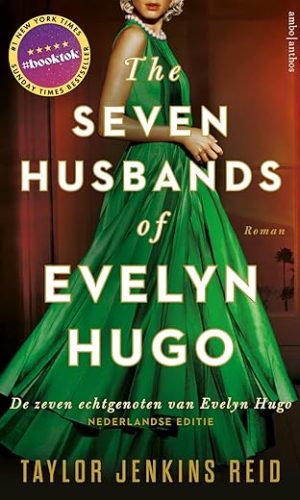
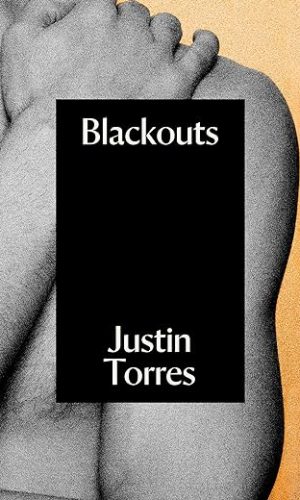
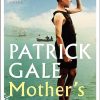
by Queen Anne II
Saw the author recently, very engaging speaker. Delighted with this story and based on truth. Recommend.
by TripFiction
I have long been a fan of Patrick Gale’s novels and this one is just – as expected – wonderful. It is the imagined story, using known facts of the life of Charles Causley, poet, teacher, wordsmith and all round gentle person. This feels like a full circle that loops me back to school days when some of his work was on the curriculum.
The story opens with Charlie, Charles’ father, returning from WW1, a very damaged man, who soon passes away, leaving Charles in the sole care of his mother Laura. She has to make ends meet by taking in washing. He has a good enough life in Launceston, though an overly tough time at school where he feels different. He is bright and sensitive and loves writing and theatre. And he senses he feels different to the other boys around him. Soon the clouds of WW2 gather an eventually he is off to join the navy, which takes him off to Gibraltar and Malta, in a permanent state of seasickness. His first boat is small and he graduates to a large vessel, which eases his permanent nausea.
This is such a beautifully told story of time and place, focussing on one person and the people around him. It is gentle storytelling at its best, with an inimitable choice of central character, who is a quiet force of nature and it is as much his story as it is of Laura, the mother who guides and keeps the proverbial home fires burning.
The sense of place is so well rendered, Cornwall is such a well crafted backdrop to the story.
by Amazon Customer
I have really enjoyed this book in most of the parts. Great story and beautifully written. Unfortunately I have found some war descriptions a little bit too long for my liking . But I guess they were very important to be described to set the scenario and atmosphere. Overall I think it’s a very good book.
by Drew Payne
Charles is the apple of his mother’s eye, born in Cornwall just after the end of the First World War. He becomes the focus of his mother’s life after his father dies from TB. But Charles does not want to be a “mother’s boy” and when war breaks out, he leaves his claustrophobic life in Teignmouth, enlisting in the navy as a coder.
The title of this novel has a double meaning and Patrick Gale uses both of them with skill and breadth. Charles is a boy raised as his mother’s sole outlet, the sole reason for her life, though Charles, as an adolescent, becomes aware that he is attracted to other boys, but he knows some of those boys could betray him and so much of his attraction is illegal.
This novel is set in the time between the First and Second World Wars and Gale captures the repression and social order of that time. Charles, an intelligent boy, can only stay in education until his time at grammar school ends because his mother cannot afford for him to stay any longer. Charles is also aware that his attractions are illegal, he displays a distaste for a friend who embraces his attractions, though that distaste is more driven by fear.
Joining the navy is an eye-opening experience, both professionally and emotionally. So many of his experiences affect him deeply, but he also meets other serving men who are far more comfortable with their desires and their openness pulls him along with them.
Gale captures the repression of the inter-war years but he also shows how the Second World War, with its mixing of people from all different backgrounds, brushed away so much of that repression and so many people’s lives benefited from that. His descriptions of wartime life are some of the most memorable parts of this novel.
This is Gale at the highest of his skills. He sympathetically and insightfully writes about his characters here, drawing characters that are all too recognisable, but he does not forget that he is writing about a very different time than today. It was so refreshing to read a novel set in the 1930s and 1940s where modern-day attitudes do not bleed into the narrative and characters. This reaches right through to the novel’s ending.
Here is a novel well worth the time it took to read, not a moment wasted.
by Jennifer Norman
Not quite of the calibre of A Place Called Winter which is my favourite of Patrick Gale’s but a book I kept returning to happily having recently lost my reading mojo.
Patrick Gale draws characters and locations so well in his prose that one comes easily to love his characters (or loathe them).
Sad to say I have missed being able to buy a ticket to his attendance at Bridport Literary Festival this year where he will be talking about Mother’s Boy. Such a shame.
by Karen Martin
I have read much of Patrick Gale’s work and love the way he weaves character. He writes with empathy and compassion. His depiction of Charles Causley in Mother’s Boy is a gentle portrait of a man. Patrick Gale writes sympathetically as he fills in the blanks of Causley’s young life with fiction.
I loathed Bucknall, but then I think I was supposed to- he came across as shallow and egocentric. I hated that Charles spent time with him! The depiction of Laura, Causley’s mother, was beautiful. And Cushtie was a lovely soul.
I wanted to read more, but perhaps I just wanted more of an ending. The closed door of the final chapter catapulted me to read all the author notes and acknowledgements with a hunger to find out if that really was the end of the story.
Including the poem and pencil drawing made the novel close quietly and gently.
I finished in reflective mood, with respect and fondness for Charles and his mother.